In the bustling streets of Bangkok and the serene landscapes of Chiang Mai, a quiet revolution is taking place—one that holds the promise of transforming Thailand’s plastic landscape. As the world grapples with the environmental impact of traditional plastics derived from petrochemicals, Thailand is exploring a sustainable alternative that could revolutionize the plastics industry: hemp plastics.
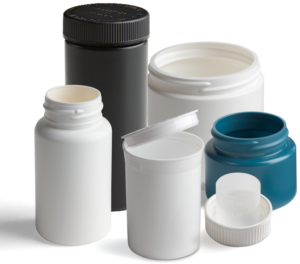
The Environmental Toll of Petrochemical Plastics
Thailand, like many countries, faces a severe plastic pollution crisis. The pervasive use of petrochemical-based plastics has led to environmental degradation, harming marine life, polluting waterways, and contributing to the ever-growing problem of plastic waste. Recognizing the urgency of the situation, Thailand is now turning its attention to hemp as a renewable and eco-friendly solution.
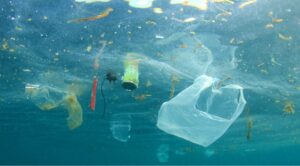
Hemp Plastics: An Eco-Friendly Alternative
Hemp plastics, derived from the fibers of the versatile hemp plant, offer a sustainable alternative to traditional plastics. Hemp cultivation requires significantly less water than traditional crops, making it a more environmentally friendly option. Furthermore, hemp is known for its fast growth and versatility, making it a readily available and renewable resource.
The Benefits of Hemp Plastics:
1. Biodegradability:
One of the key advantages of hemp plastics is their biodegradability. Unlike conventional plastics that persist in the environment for centuries, hemp plastics break down naturally, reducing the long-term ecological impact.
2. Reduced Carbon Footprint:
Hemp plastics contribute to a lower carbon footprint. The cultivation of hemp plants absorbs CO2 from the atmosphere, mitigating the environmental impact associated with the production of traditional plastics.
3. Versatility in Applications:
Hemp plastics can be molded into various forms, making them suitable for a wide range of applications. From packaging materials to consumer goods, the versatility of hemp plastics makes them a viable option for diverse industries.
Thailand’s Role in the Hemp Plastic Revolution:
Thailand has a rich history of hemp cultivation, and the country is well-poised to lead the hemp plastic revolution in Southeast Asia. As the government actively seeks sustainable solutions to combat plastic pollution, the incorporation of hemp plastics into the manufacturing sector aligns with Thailand’s commitment to environmental stewardship.
The Thai agricultural sector can benefit from hemp cultivation, providing farmers with an additional cash crop that is both sustainable and economically viable. The decentralization of hemp cultivation across Thailand has the potential to stimulate rural economies and empower local communities.
Challenges and Opportunities:
While the potential of hemp plastics in Thailand is vast, there are challenges that need addressing. Education and awareness about the benefits of hemp plastics are crucial for both consumers and businesses. Additionally, regulatory frameworks need to be developed to support the integration of hemp plastics into mainstream industries.
However, with forward-thinking policies and collaborative efforts between the government, businesses, and the public, Thailand has the opportunity to set a precedent for sustainable plastic alternatives in the region.
The Road Ahead:
As Thailand navigates its way toward a greener and more sustainable future, hemp plastics stand as a beacon of hope. The shift from petrochemical-based plastics to hemp plastics represents not just a change in materials but a shift in mindset—one that prioritizes environmental responsibility and embraces the potential of renewable resources.
In the vibrant markets of Bangkok and the tranquil landscapes of Phuket, the message is clear: hemp plastics are breaking free from the shackles of petrochemicals, heralding a new era of sustainable plastic use in the Land of Smiles. Thailand has the opportunity to lead the way in Southeast Asia by embracing hemp plastics and inspiring a region-wide commitment to a plastic-free, sustainable future.


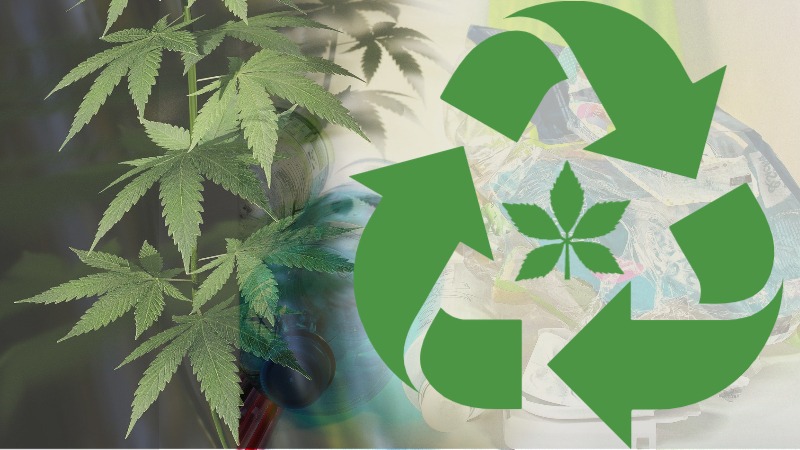
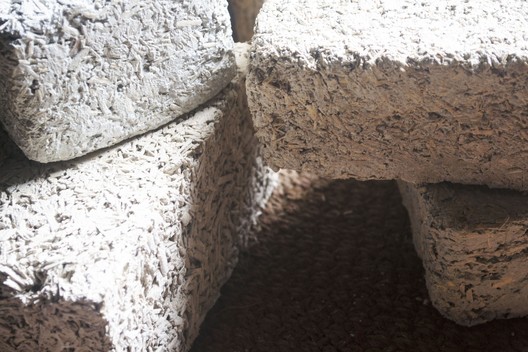
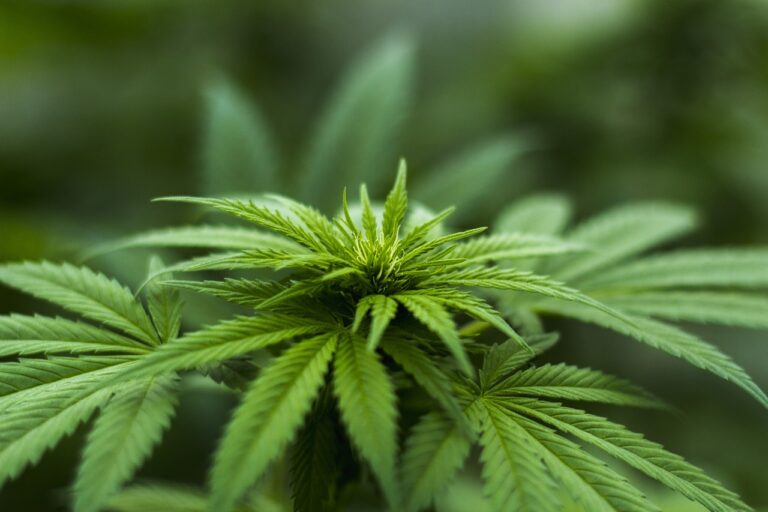

Comments